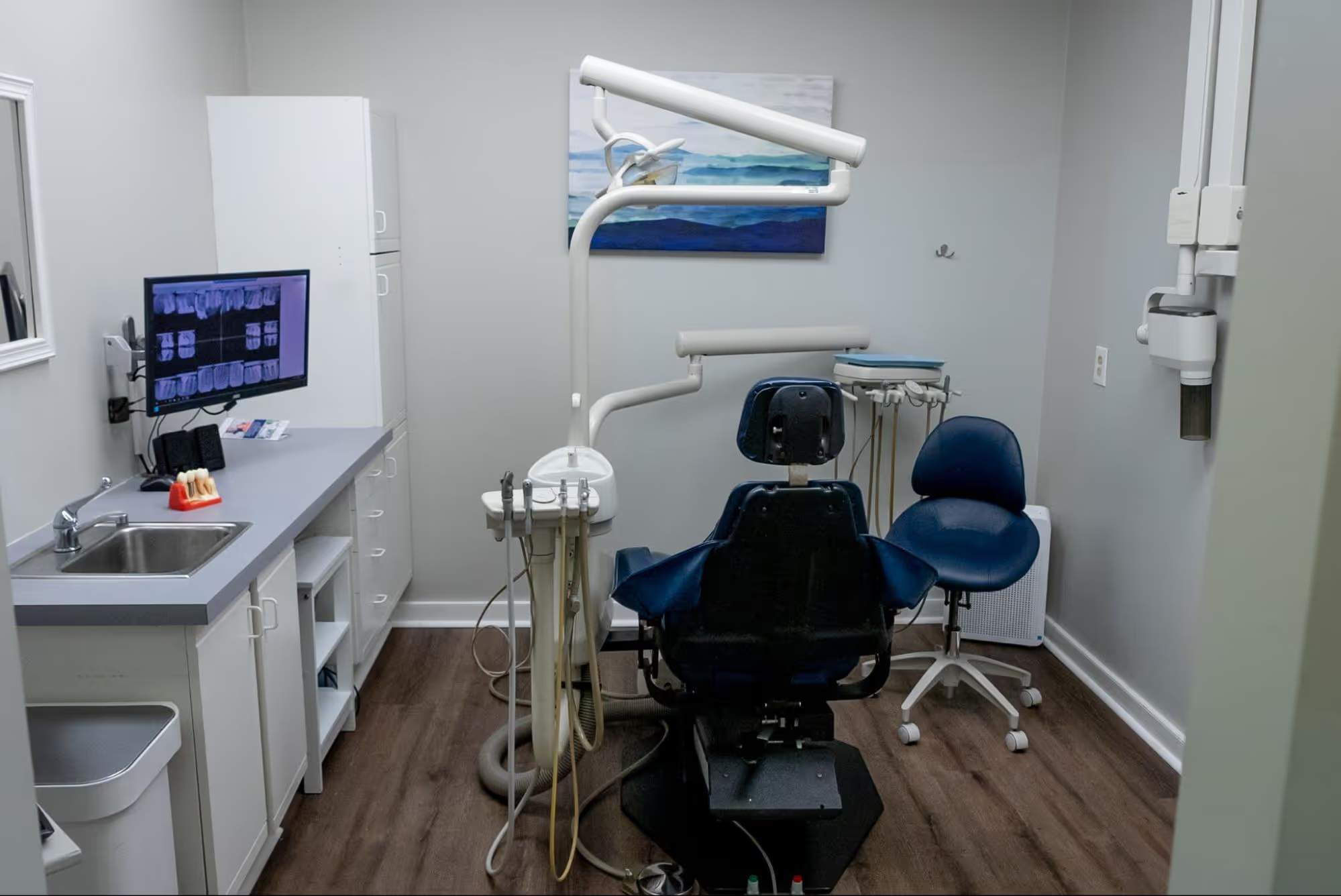What Is Gum Disease, and Why Does It Start?
Gum disease, also called periodontal disease, is an infection of the tissues that support your teeth. It typically begins with plaque — a sticky film of bacteria that builds up around your gumline. If not removed with daily brushing and flossing, plaque can harden into tartar, which can only be cleaned by a dental professional.
This buildup irritates the gums and causes inflammation, leading to a condition called gingivitis — the earliest stage of gum disease. If untreated, it can progress into periodontitis, a more serious condition that can damage the bone and tissue holding your teeth in place.
The good news? Gum disease is preventable and treatable, especially when caught early.




